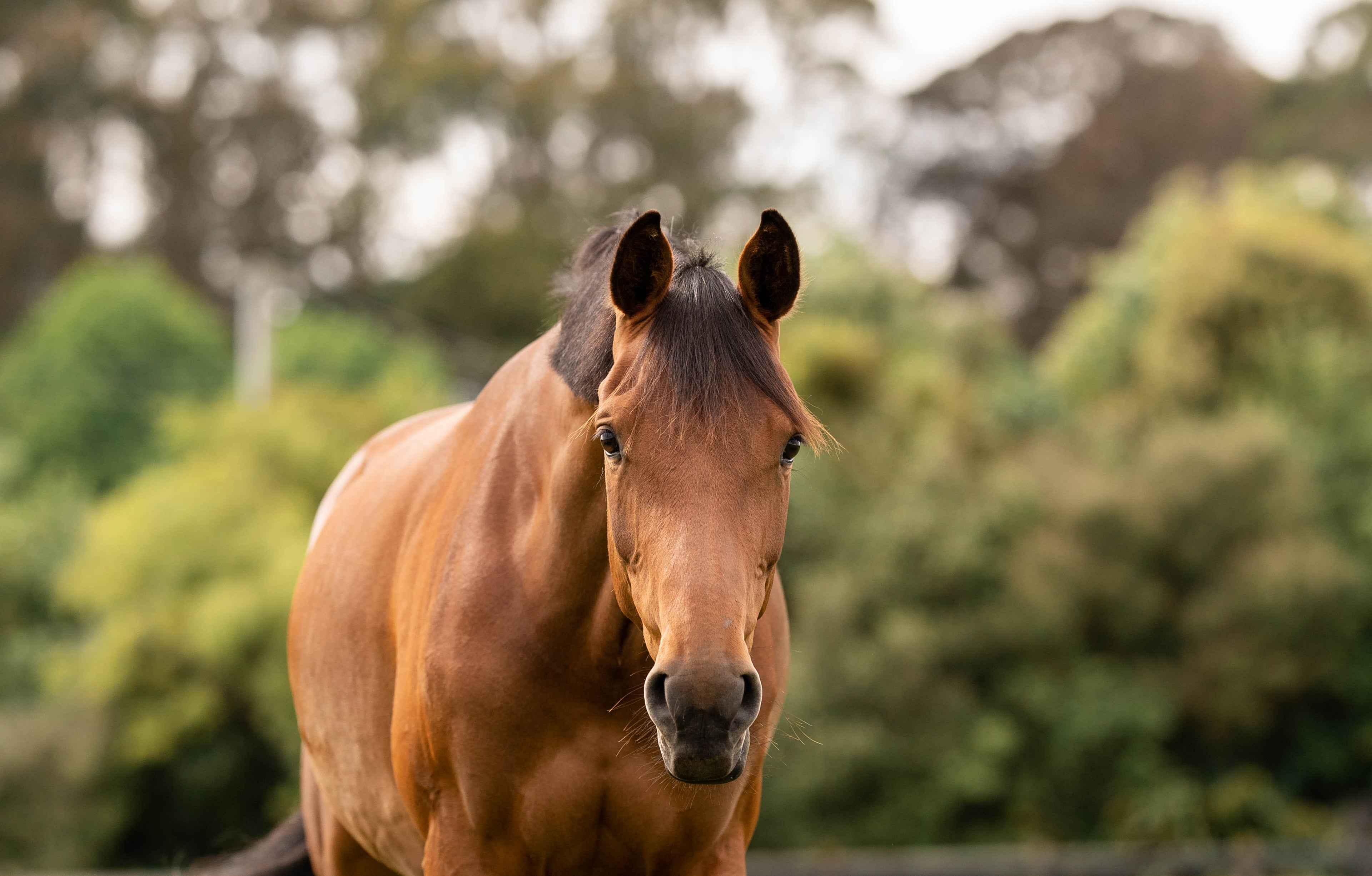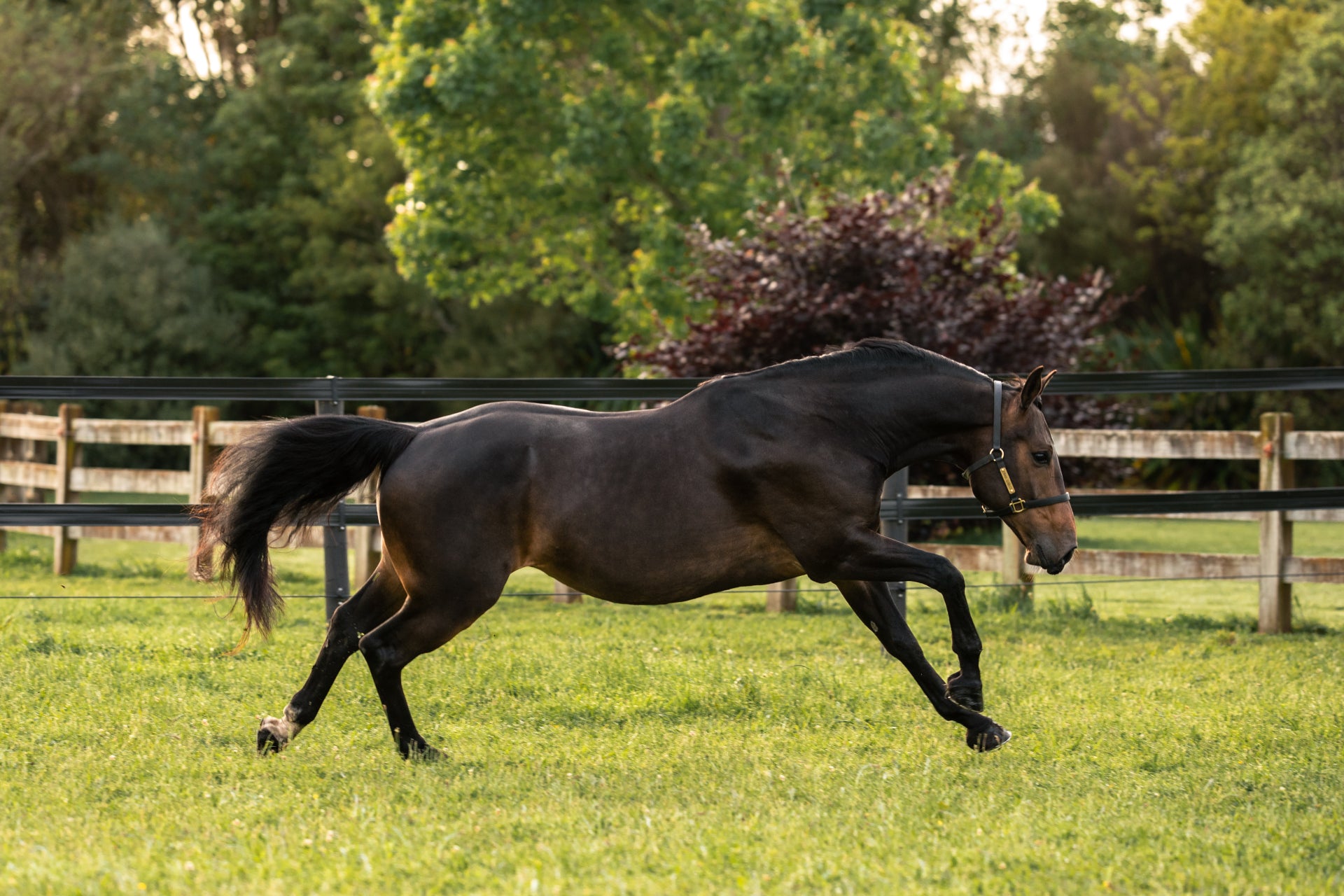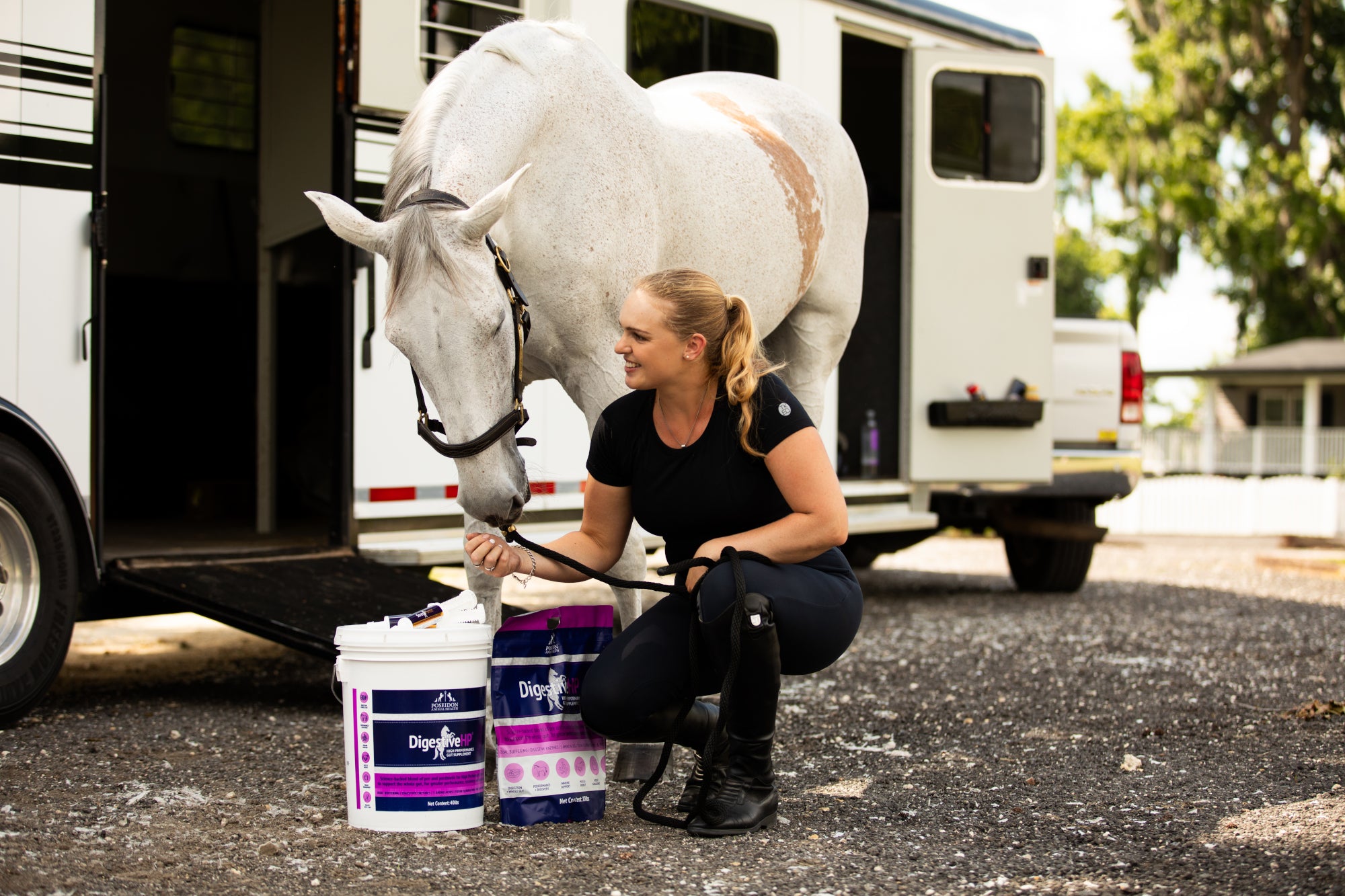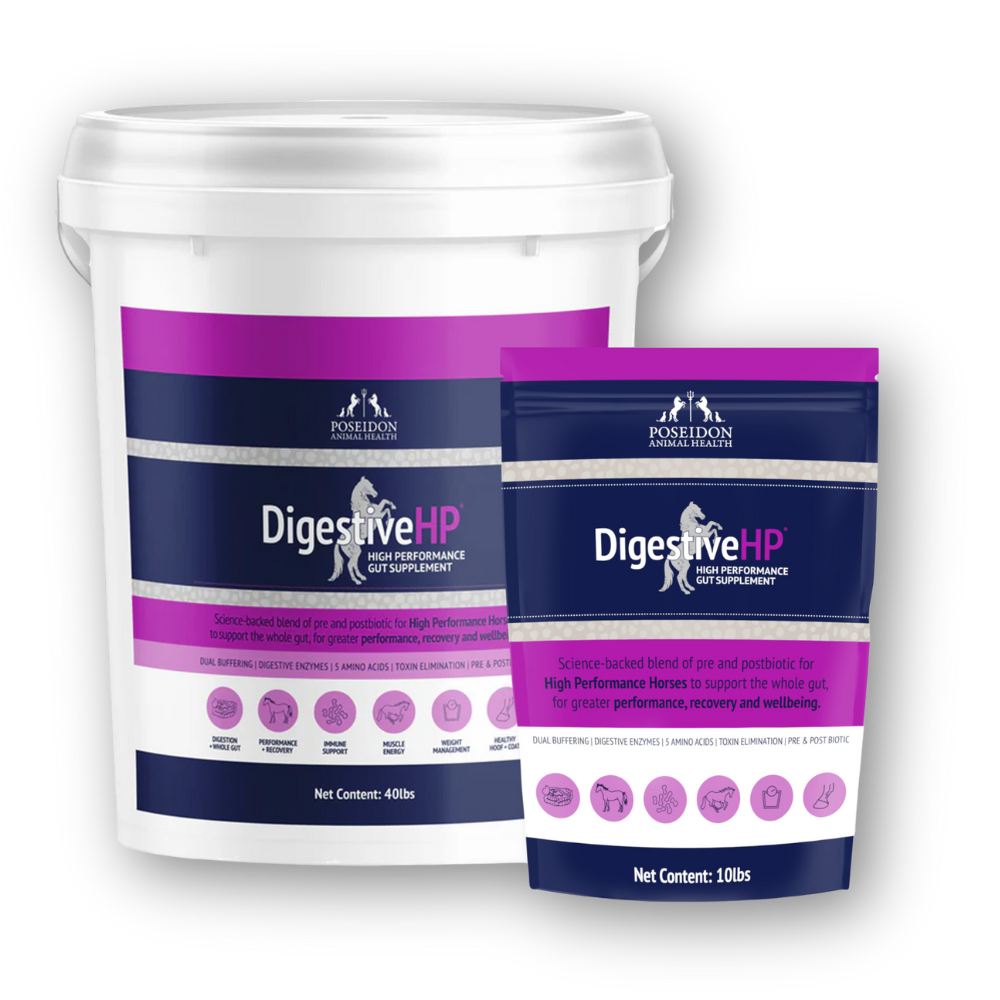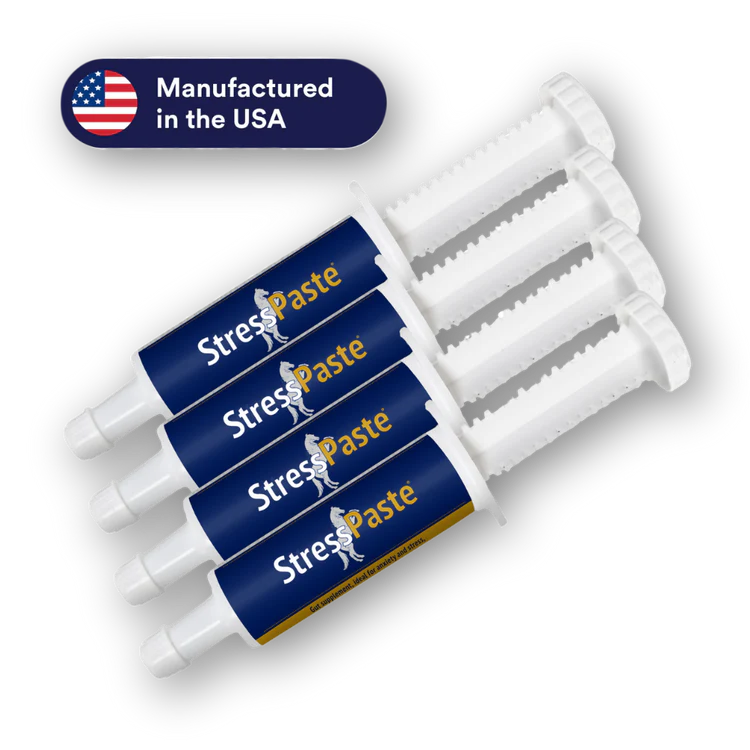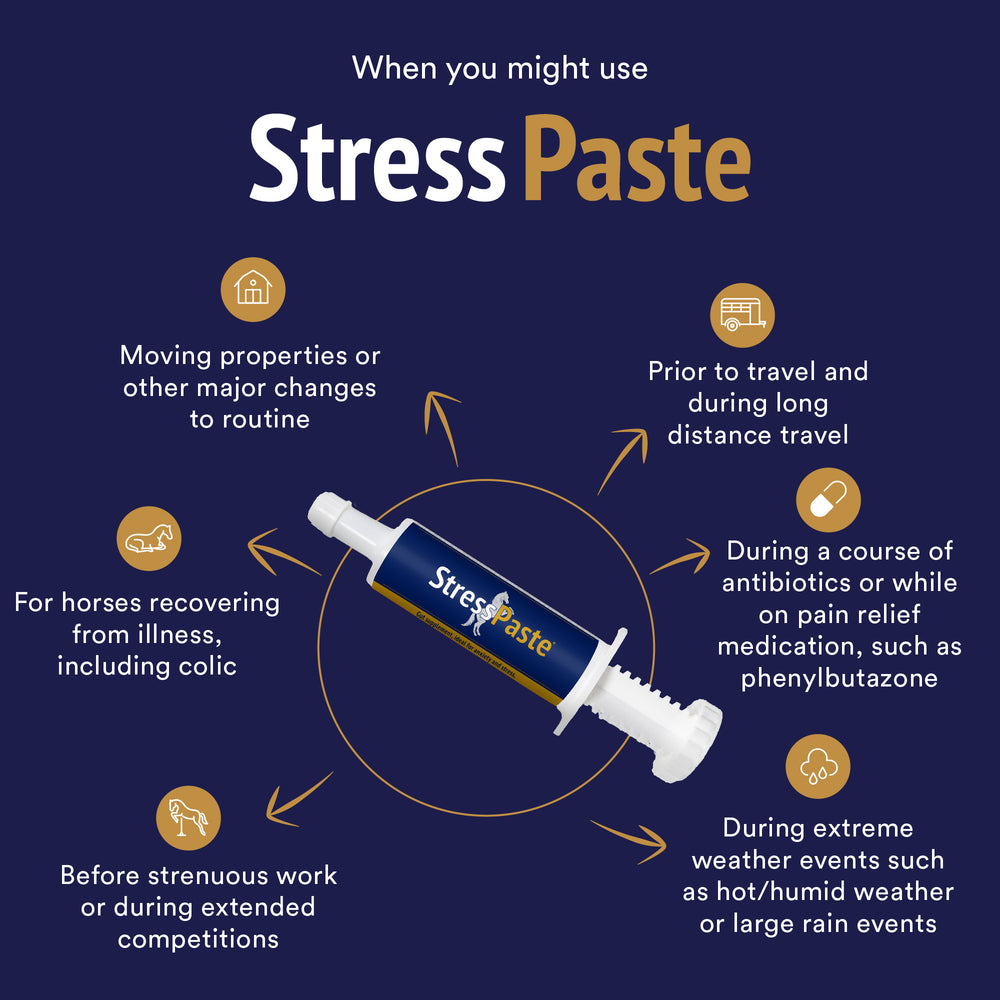
By Dr Erin Roddy, DVM - Head Veterinarian
As science changes, we change with it.
From our inception, Poseidon Animal Health has been focused on how digestive health in the horse affects overall health, behavior, and performance. The main factor and indicator in horses digestive health is the gut microbiome.
The evidence for links between the health of the microbiome and overall digestive health in humans is well established, but for a long time the evidence for the same link in horses remained anecdotal. This made it difficult to use as truly scientific backing for product development. Fortunately, recent equine research has provided a concrete connection between poor performance and problematic behavior in horses, and specific issues in their gut microbiome.
At Poseidon Animal Health we have always based our product development and educational practices and agendas on the premise that if we understand the connection between the health of a horse’s microbiome and its performance, then we can share that knowledge, empowering horse owners to make the best possible choices in nutrition and equine supplementation.
Whether the horse in your care is a beloved paddock ornament or the next Preakness contender, we want every owner to understand how their horse’s gut health affects its behavior, attitude, performance, recovery, and life span.
The healthier your horse’s microbiome is, the more of a positive impact you will see on their overall health, behavior, attitude, and athletic ability.
Scientists now know more than ever about Equine gut microbiome
The scientific information available surrounding the horse’s microbiome has greatly expanded in the last few years. The gut microbiome is made up of bacteria, but also fungi, archaea, protozoa, and viral elements. All of these elements must be correctly balanced and in sync in order for your horse to be as healthy as possible.
Even a small shift in the balance of the horse's gut microbiome can result in health problems, behavioral issues, and poor performance.
Why is the horse's hindgut so important?
Horses are hindgut fermenters, meaning that they do the majority of their digestion in their hindgut. This is why we see the greatest concentration of microbiome elements in the hindgut; because it’s these elements that actually perform the work of the hindgut fermentation.
When the horse consumes fibers (such as grass, hay, or beet pulp) the materials are broken down by acids and enzymes in the stomach and small intestines into a product called chyme. This chyme then passes to the cecum and the colon where together over 100 liters of material are processed by the microbiome.
The microbiome takes in the forage that the horse eats and processes it into volatile fatty acids (VFAs). It is these VFAs which provide energy and nutrients the horse needs for not only their general health and well being but also the energy they need for athletic performance.
Linking the horse's microbiome to performance
Scientific research is starting to provide the links to the exact relationship between the microbiome and athletic performance. In fact, specific negative behaviors have been linked to specific microbes which have a negative effect on the microbiome.
This research suggests that the health of the microbiome contributes more to athletic performance than the horse’s genetic makeup.*
When the microbiome changes, the pattern of fermentation changes - which leads to an alteration in the balance of the different elements that make up the microbiome. Even a small imbalance can start a large cascade which may increase the possibility of colic, laminitis, diarrhea, and infection.
The stress factor in Equine gut health
Some of the most exciting research has been in the relationship between stress and gut health in horses. This research clearly indicates that common stressors such as exercise, travel, and inappropriate recovery after physical activity directly affect the balance of the microbiome and the lining of the gut itself. These negative alterations have a direct and immediate effect on the function and efficiency of the horse’s metabolism.
Recent research has also shown that stress in the horse activates the nervous system to release glucocorticoids (also known as the stress hormone)***. These stress hormones are related to leaky gut syndrome which allows toxins and bacteria to cross the Gastrointestinal/Blood barrier and move into the bloodstream.
Leaky gut syndrome can have long lasting effects on the horse’s immune system, digestion, and metabolism.
These negative health effects may also result in poor athletic performance and attitude/behavioral issues. In fact, direct research into such negative behaviors as ‘girthiness’, bucking, biting, kicking, and resistance to moving forward are very likely linked directly to gut health and an imbalance of the microbiome. ***
We're here to support horse owners
It is our mission at Poseidon Animal Health to help owners provide their horses with the best nutritional support and supplementation available, based on the latest discoveries in scientific research.
Horses with a healthy and robustly balanced microbiome not only metabolize their feed as efficiently as possible, which results in the right kind of energy to perform their jobs, and will be less affected by stress during training.
Our line of equine supplements and nutritional support products are designed specifically to balance and support the health and efficiency of your horse’s microbiome, and to help reduce the effects of environmental and other stressors on their gastrointestinal tract.
The cornerstone of a healthy and balanced microbiome will always be good quality fiber and a balanced diet.
However, many horses may have an unhealthy microbiome from previous dietary imbalance or other life stress. Even in a horse with a very healthy microbiome, the daily stresses such as training, changes in weather, travel, and age related changes in immune system can wreak havoc in a previously healthy system. Poseidon Animal Health’s line of supplements and nutritional support products are designed to support a healthy, well balanced microbiome against every day stressors to rebuilding a damaged microbiome, as well as providing support during times of extreme stress such as travel and elite level training.
All of our products are based on up to date scientific research to support the structure and function of the entire GI tract to ensure that your horse is as healthy as possible and able to perform to the best of their ability.
References:
*Andrews, F., 2020. Colonic Ulcers: A Pain in the Hindgut! Equine Health Studies Program LSU. Edu
**De La Torre, U., Henderson, J.D., Furtado, K.L., Pedroja, M., Elenamarie, O., Mora, A., et al., 2019. Utilizing the fecal microbiota to understand foal gut transitions from birth to weaning. PLoS ONE 14(4): e0216211
***Henshall, C., Randle, H., Francis, N. et al. The effect of stress and exercise on the learning performance of horses. Sci Rep 12, 1918 (2022). https://doi.org/10.1038/s41598-021-03582-4
****Mach, N., Ruet, A., Clark, A. et al., 2020. Priming for welfare: gut microbiota is associated with equitation conditions and behavior in horse athletes. Sci Rep 10, 8311
*****Tavenner, M.K., McDonnell, S.M., Biddle, A.S., 2020. Development of the Equine Hindgut Microbiome in Semi-Feral and Domestic Conventionally-Managed Foals. Animal Microbiome 2(43).

